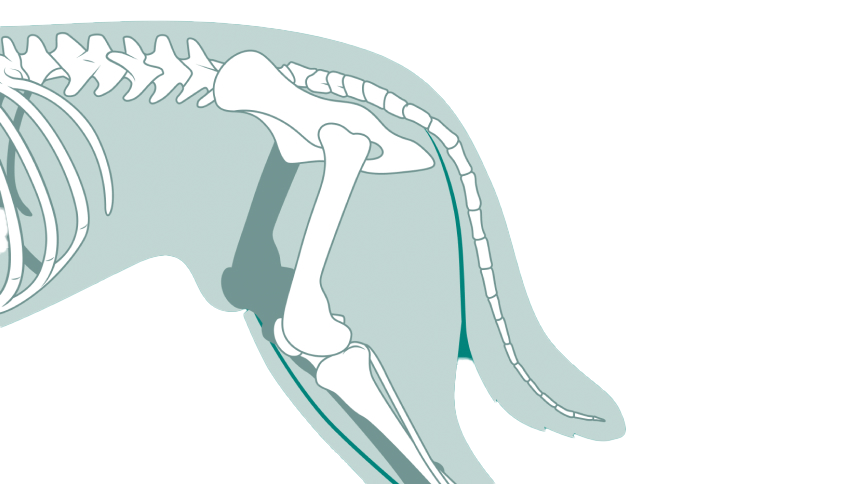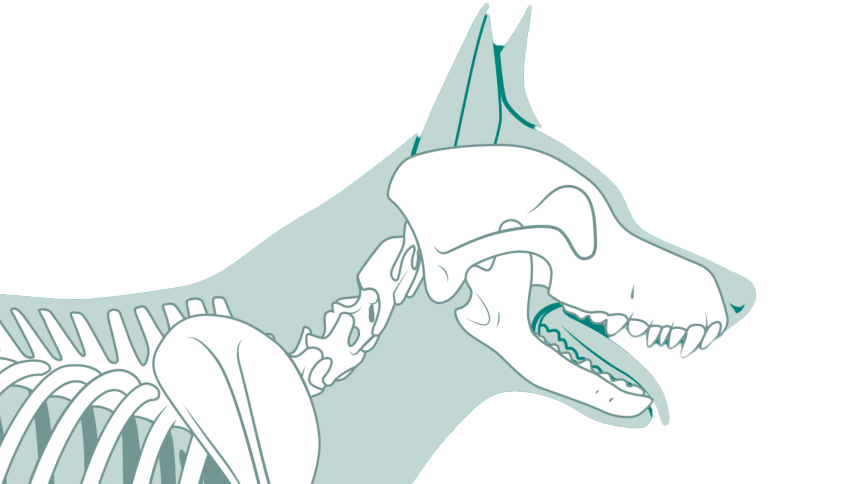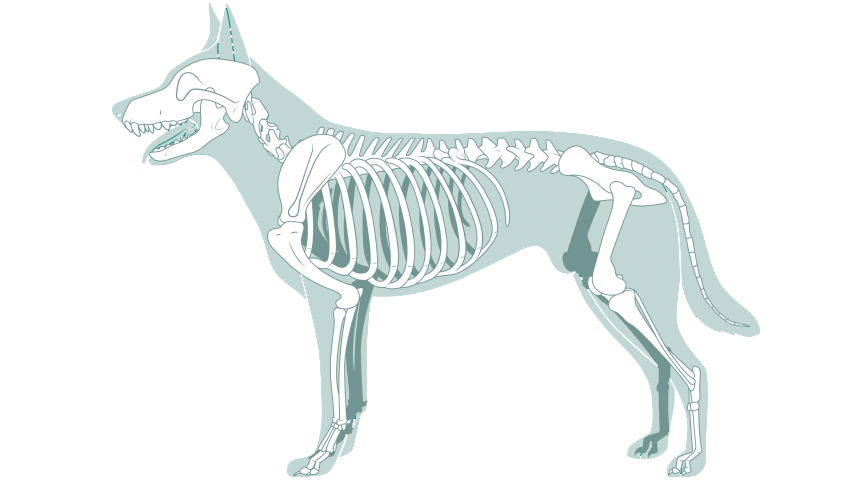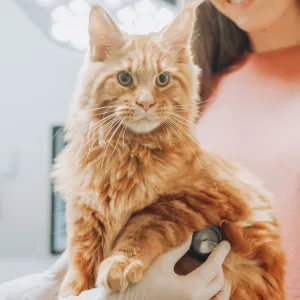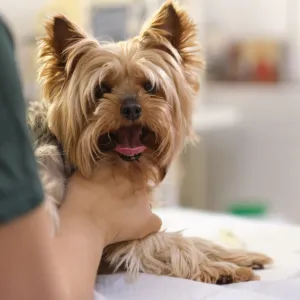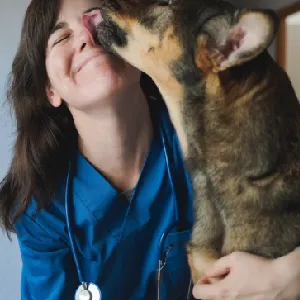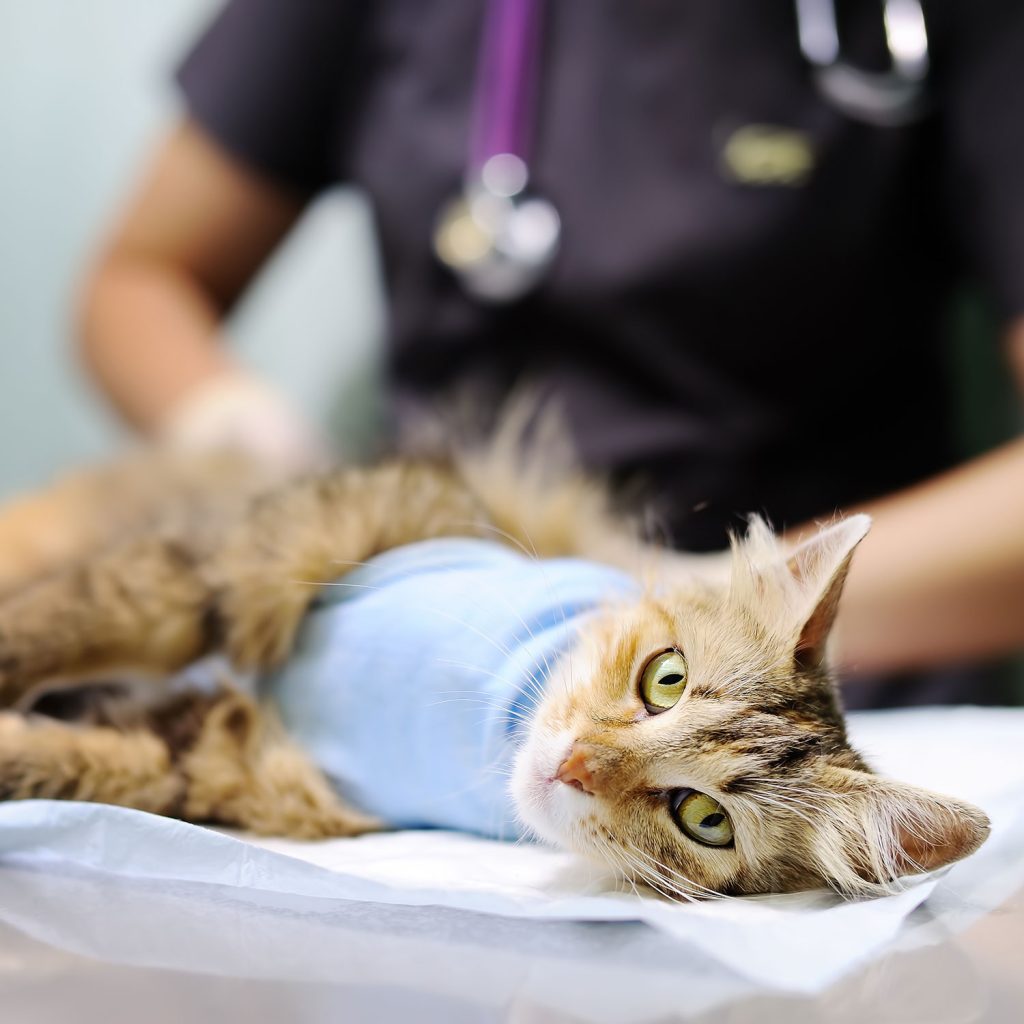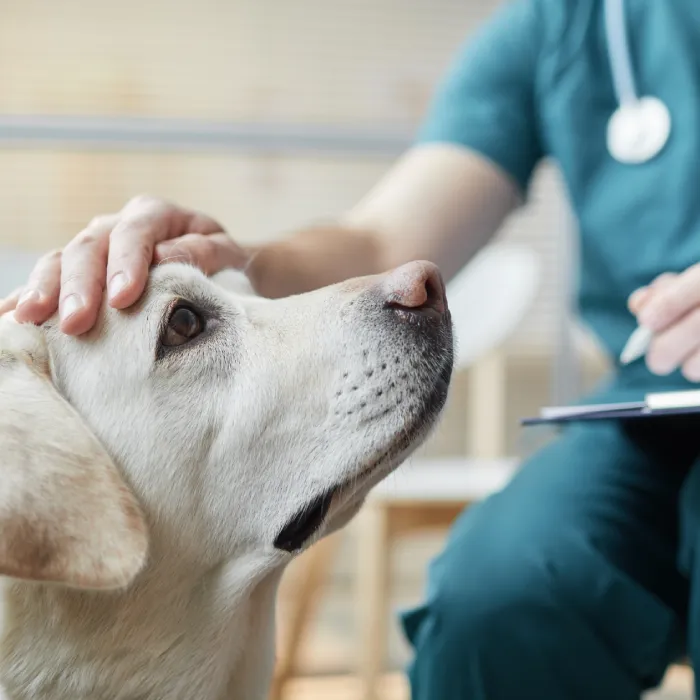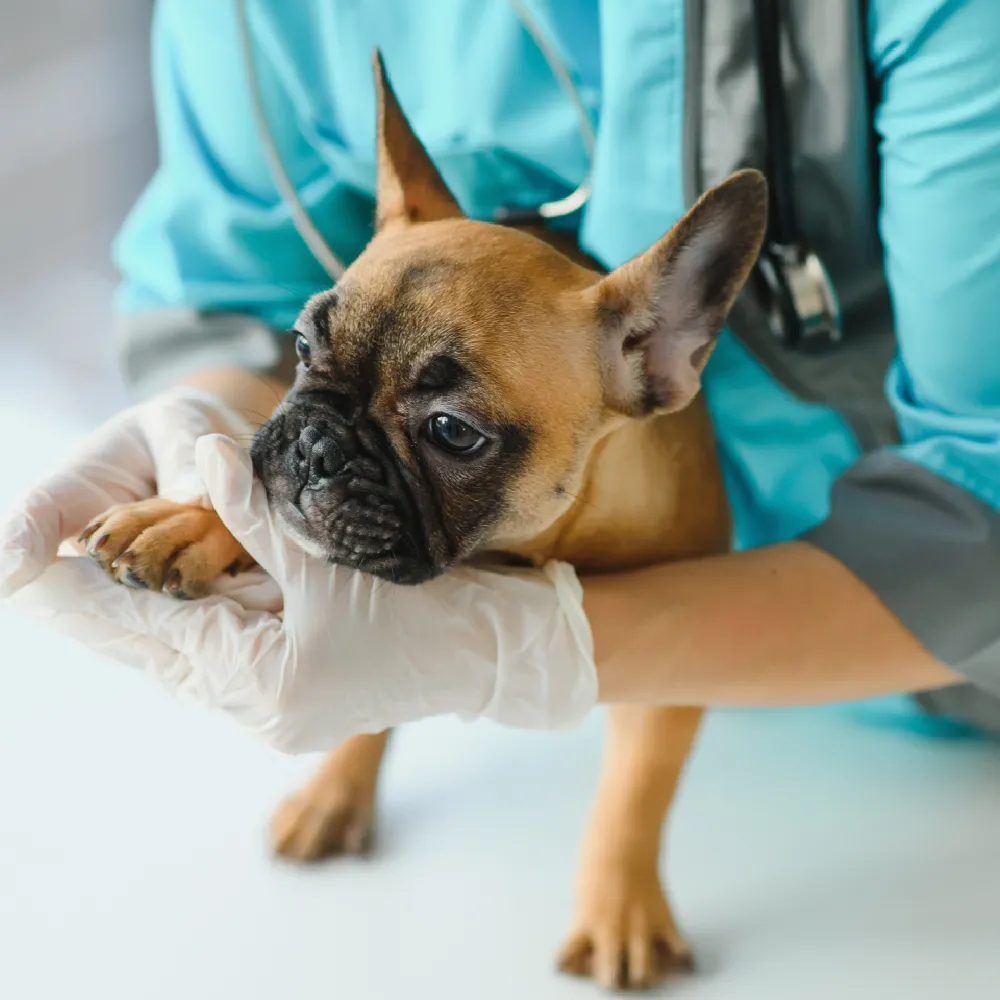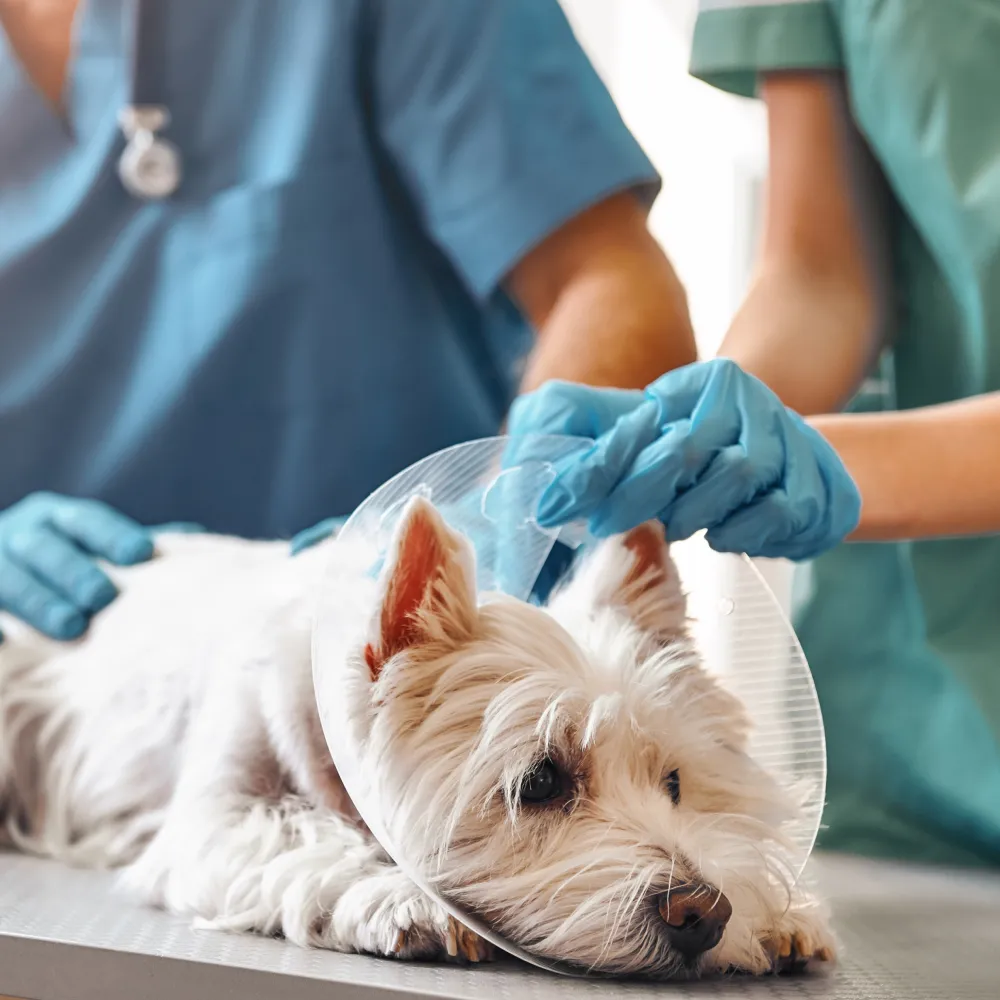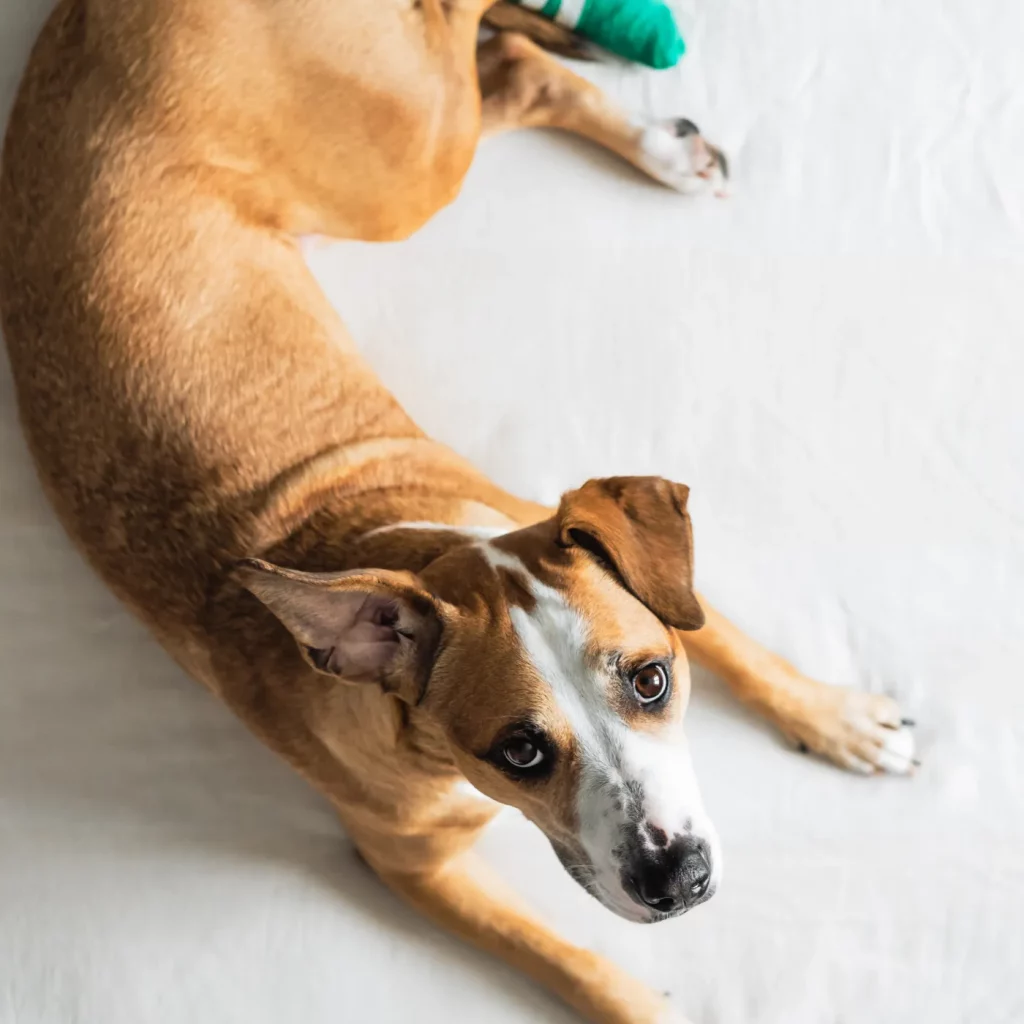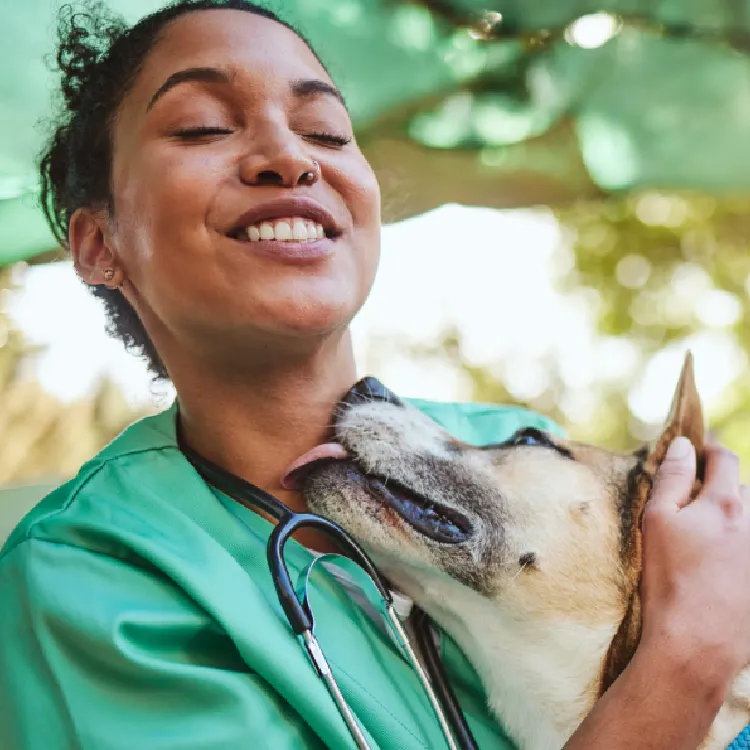Intervertebral Disk Disease (IVDD) is a common and potentially debilitating condition in pets, particularly dogs. It occurs when the intervertebral discs, which cushion the vertebrae, degenerate or herniate, pressing on the spinal cord. In the cervical (neck) region, this can cause severe pain, neurological deficits, and even paralysis.
The Ventral Slot procedure is specifically designed to address herniated discs in the neck. During this surgery, the pet is placed under general anesthesia. The surgeon makes an incision on the underside of the neck and carefully moves aside the muscles to access the cervical vertebrae. A small window is created in the affected vertebra to reach the herniated disc. The herniated disc material is then removed, relieving pressure on the spinal cord.
This procedure allows for direct visualization and precise removal of the disc material, minimizing damage to surrounding tissues. It is highly effective in decompressing the spinal cord, alleviating pain, and restoring neurological function.
The Ventral Slot procedure is suitable for pets with severe cervical IVDD causing significant pain, weakness, or paralysis. Candidates typically have not responded to conservative treatments such as rest and medication. Factors such as the pet’s overall health, age, and severity of the disc herniation are considered when recommending this surgery.
Diagnosis of cervical IVDD involves a thorough neurological examination and advanced imaging techniques like MRI or CT scans to pinpoint the location and extent of the herniation. Once surgery is deemed necessary, a comprehensive pre-surgical evaluation, including blood tests, ensures the pet is fit for anesthesia.
Post-operative care is crucial for recovery. This includes strict rest, pain management, and gradually reintroducing activity. Physical therapy may also be recommended to support the healing process and improve neurological function. Regular follow-up visits are essential to monitor progress and address any complications.
The prognosis following Ventral Slot surgery is generally positive, with many pets experiencing significant improvements in mobility and quality of life. Early intervention and adherence to post-surgery care protocols are crucial for the best outcomes.
Our areas of expertise
Transforming the way orthopedic care is delivered
For Vets
Refer your patients to our specialists using our streamlined online portal.
Referral portalFor Pets
Request a consultation or prepare for surgery with us and experience expert compassionate care every step of the way.
Request a consultation